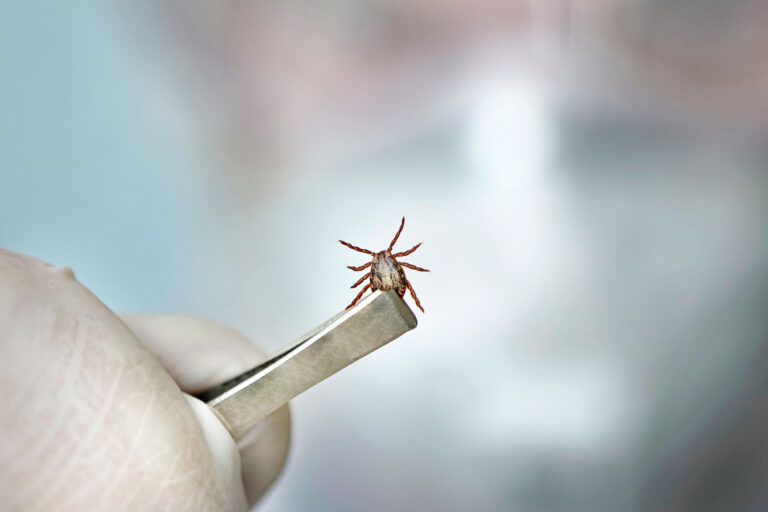Camp and outdoor summer fun is in full swing and many families find themselves worried about tick bites. Tick borne illnesses are common in Virginia and can have serious complications if not treated. The best strategy to prevent tick borne illnesses is to prevent tick bites in the first place. DEET is a bug spray that repels ticks. I often recommend that families spray protective clothing such as long socks, shoes and light weight pants. Another strategy that I have used when my kids were out in the woods for camps is to treat a few outfits with permethrin clothing wash. Just make sure to check that the product is EPA certified and follow the manufacturer’s instructions. I particularly like using this if they are in and out of creeks or water since I know that it will still protect them later in the day. This is the same medication that we use topically to treat for lice or scabies so I feel good about using it for my children, and it makes the camp morning prep so much smoother. Bathing within 2 hours of leaving a tick infested habitat has been shown to be helpful (and may wash away some poison ivy plant oils if your child wasn’t careful as well). It is critical to do a thorough tick check before hopping in the shower, and don’t skip the groin where they love to migrate. Removing ticks promptly can prevent illness, as there is data that the organism that causes lyme disease requires 24 hours of attachment with increased risk the longer they are attached. The recommended technique for removal is to use fine tweezers to grasp the head gently and firmly and use steady pressure to pull straight up. Folks also swear by devices called tick keys for removal. We often get calls about mouth parts that unfortunately don’t come out with removal, but it is not recommended to perform any heroic measures to get these out as it just increases the risk of infection and they will break down and come out on their own eventually. Monitor for signs of infection and for any rash around the site for 30 days. Although you might see information about testing the tick for the organism that causes lyme disease online, it is not recommended so no need to save the tick after it is removed. Finally recommendations for antibiotic prophylaxis after tick bites is limited to pretty specific circumstances and includes evidence that a deer tick was attached for more than 36 hours, so do those tick checks daily and it won’t be a concern! Happy camping!
What's New
What to Know About Ticks

